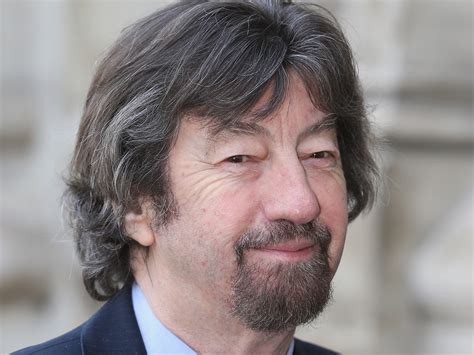A Quote by T. S. Eliot
Related Quotes
art is the most general condition of the Past in the present. ... Perhaps no work of art is art. It can only become art, when it is part of the past. In this normative sense, a 'contemporary' work of art would be a contradiction - except so far as we can, in the present, assimilate the present to the past.
He who thinks he can have flesh and bones without being subject to any external influence, or any accidents of matter, unconsciously wishes to reconcile two opposites, viz., to be at the same time subject and not subject to change. If man were never subject to change there could be no generation; there would be one single being, but no individuals forming a species.
We can no longer contemplate the subject - self - of contemporary art; it has been woven into infinite relationships, replaced by social movements, national image, and financial capital. The disappearance of the construction of the self of contemporary art makes it impossible to exist in the form of a subject. The subject of contemporary art that I speak of is a kind of naming event predicated upon the multiplicity of the environment. It includes politics, should have its own way of thinking, and can be perceived.
Sitting for a picture is morbid business. A portrait doesn't begin to mean anything until the subject is dead. This is the whole point. We're doing this to create a kind of sentimental past for people in decades to come. It's their past, their history we're inventing here. And it's not how I look now that matters. It's how I'll look in twenty-five years as clothing and faces change, as photographs change. The deeper I pass into death, the more powerful my picture becomes. Isn't this why picture-taking is so ceremonial? It's like a wake. And I'm the actor made up for the laying-out.
What makes art Christian art? Is it simply Christian artists painting biblical subjects like Jeremiah? Or, by attaching a halo, does that suddenly make something Christian art? Must the artist’s subject be religious to be Christian? I don’t think so. There is a certain sense in which art is its own justification. If art is good art, if it is true art, if it is beautiful art, then it is bearing witness to the Author of the good, the true, and the beautiful





































